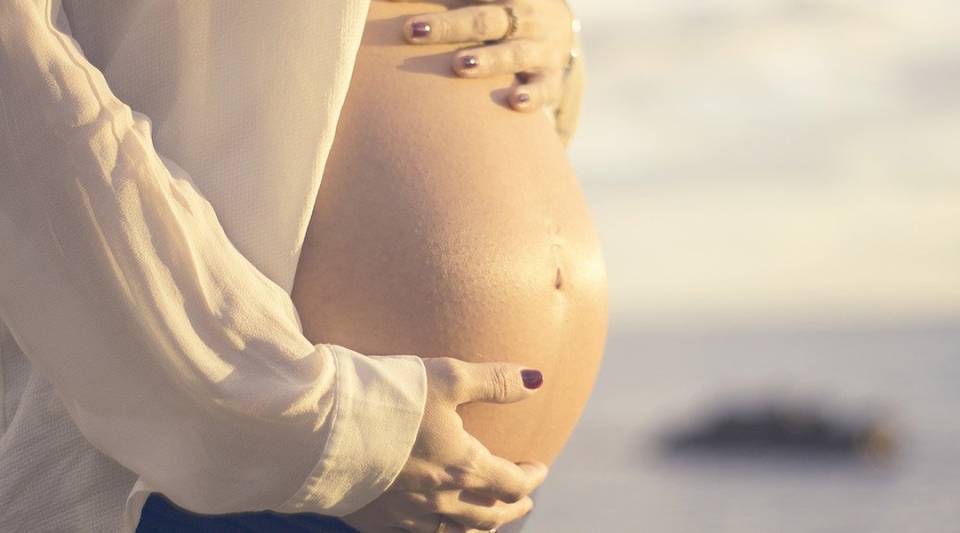Obesity in women of childbearing age may increase the risk of fertility and complications, both for the mother and the foetus. For example, they may develop hypertension, gestational diabetes and macrosomia (a newborn with weight equal to or over 4kg). These complications are particularly common in women with polycystic ovary syndrome.
More and more women are choosing to treat their obesity with a bariatric surgical procedure. In turn, this means that more and more women who have undergone bariatric surgery may have children. A number of scientific studies have been conducted to confirm whether or not this process has an impact on women's fertility, pregnancy, the health of newborns and their subsequent development.
In this research, it has been observed that women who have had bariatric surgery see an improvement in certain fertility parameters. Additionally, a decrease in metabolic problems associated with obesity was also observed during pregnancy. Meanwhile, several studies have shown that there is an increased risk of babies having a low birth weight (less than 2.5 kg) and pre-term birth following bariatric surgery.
The Obesity Unit and the Assisted Human Reproduction Unit at Hospital Clínic recently carried out research into this field, in which different reproductive outcomes before and after bariatric surgery in women of childbearing age were compared. The participants (a total of 298 women of reproductive age) had the operation at Hospital Clínic in Barcelona between 2005 and 2010. It was observed that one year after bariatric surgery, the percentage of patients with regular menstrual cycles increased significantly. This improvement in menstrual regularity was even more pronounced in patients with polycystic ovary syndrome. Furthermore, there was also an improvement in the development of pregnancies and in the reduction of birth weight in newborns following surgery.
These results will allow the growing number of women who receive bariatric surgery and who want to become pregnant, or who suffer from fertility problems, to receive better advice. Nevertheless, there is still limited evidence on the effects of bariatric surgery on fertility and pregnancy. Therefore, promoting research in this field is of great importance. This will make it possible to clarify the possible impact of different surgical techniques, among other aspects, in order to select the most appropriate strategy in each case. The ultimate goal is for multidisciplinary teams made up of gynaecologists, dieticians/nutritionists, endocrinologists and bariatric surgeons to be able to provide the best treatment for the health of both mothers and babies.
Authors: Dr Gemma Casals, gynaecologist at the Assisted Reproduction Unit, and Alba Andreu, dietician/nutritionist at the Obesity Unit, Hospital Clínic in Barcelona.




